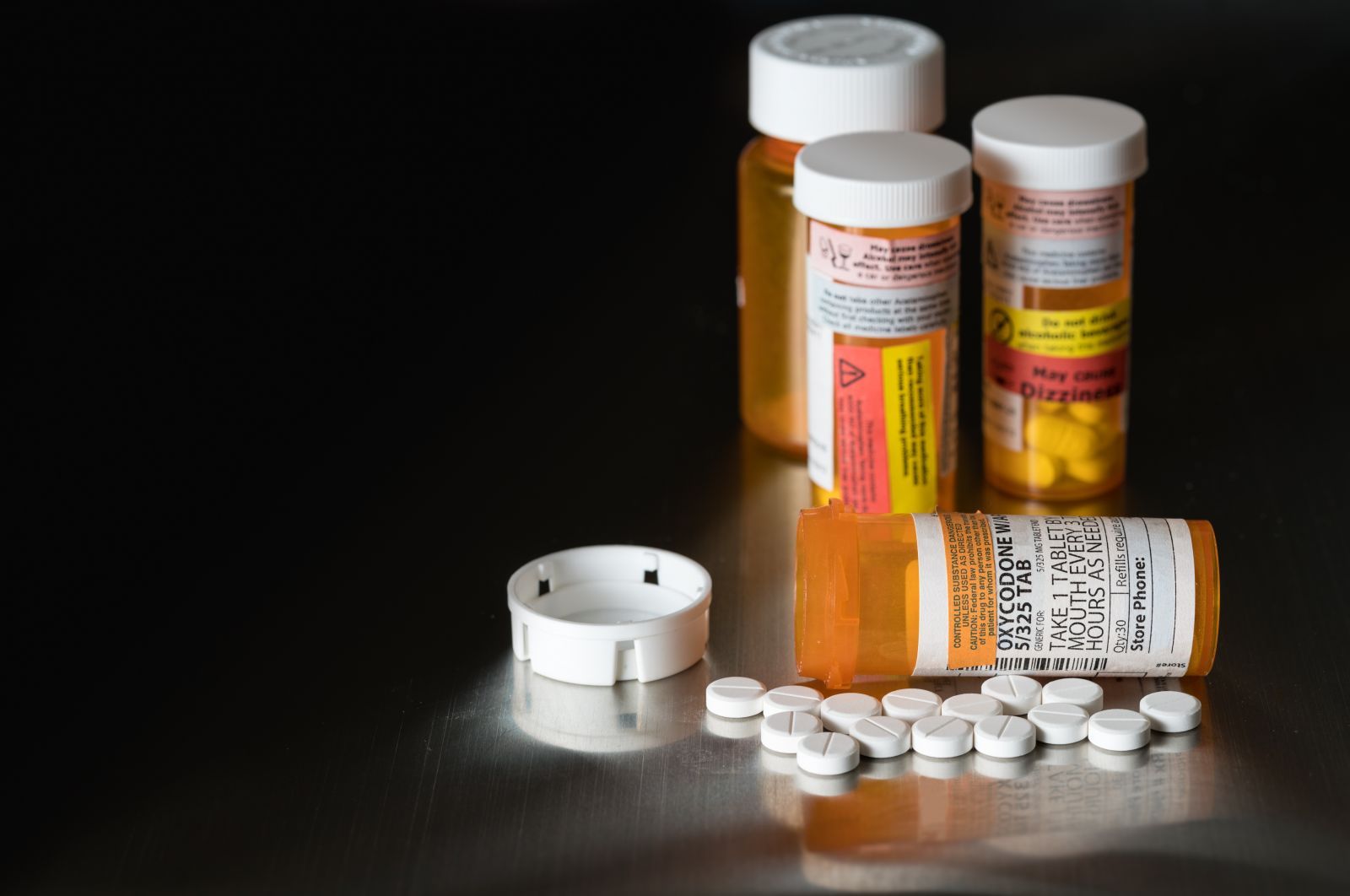Nearly 1-in-10 Heart Surgery Patients Develops Persistent Opioid Use
New research from Penn Medicine indicates 9.6% of heart surgery patients develop persistent opioid use post-procedure.

New research from the Perelman School of Medicine at the University of Pennsylvania suggests almost 10% of patients undergoing heart surgery continue to use opioids 6 months after surgery.
An analysis of more than 35k patients who underwent coronary artery bypass grafting (CABG) or heart valve procedures from a nationwide database, results of the study indicate 9.6% of these patients filled opioid prescriptions 3-6 months post-procedure and 8.9% of CABG patients filled a prescription 6-9 months post-procedure.

“Cardiothoracic surgeons, cardiologists and primary care physicians should work together to enact evidence-based protocols to identify high-risk patients and minimize prescriptions via a multi-faceted pain management approach,” said study investigator Nimesh Desai, MD, PhD, a cardiovascular surgeon and an associate professor of Surgery at the Perelman School of Medicine, in a statement. “Centers must adopt protocols to increase patient education and limit opioid prescriptions at discharge.”
To further understand the risk of prolonged opioid, investigators designed the current study to evaluate the proportion of opioid-naïve patients who develop persistent opioid use after the aforementioned cardiovascular procedures and to investigate potential associations between the dosage first prescribed and risk of prolonged use. To do so, Desai and a team colleagues from Perelman School of Medicine created a cohort study using data from the OptumInsights Informatics Data Mart, which is a large, private-payer administrative claims database.
Examining data from 2004-2016, investigators identified a total of 35,817 patients for inclusion in their study, of which 25,673 underwent CABG and 10,144 underwent heart valve procedures. For inclusion in the study, patients needed to be opioid-naive for at least 180 days prior to index procedure and be prescribed opioids within 14 days post-procedure.
Overall, 15,558 CABG patients and 5447 valve surgery patients filled an opioid prescription within 14 days of their cardiovascular procedure. Persistent opioid use, which was defined as filling an opioid prescription 90-180 days post-procedure, occurred in 10.2% of CABG patients and 8.1% of valve surgery patients (P <.001). Additional analysis indicated 8.9% of CABG patients and 7.2% of valve surgery patients continued to fill an opioid prescription 180-270 days post-procedure (P <.001).
When examining potential risk factors for persistent opioid use, investigators observed a direct, nonlinear association between amount of opioids prescribed at first prescription at discharge and likelihood of persistent opioid use 90-180 days post-surgery. Results suggested those prescribed more than 300mg oral morphine equivalents (OME), which is about 40 tablets of 5mg oxycodone, had a significantly higher risk of prolonged use compared to those who received a lower dosage.
While results indicated likelihood for developing opioid dependency was lower among heart valve surgery recipients, investigators identified multiple indicators of increased risk for persistent opioid use. Factors increasing likelihood of persistent opioid use included being a woman (OR, 1.15 [95% CI, 1.03-1.26), being of younger age (OR, 1.02; 95% CI, 1.01-1.02) history of congestive heart failure (OR, 1.17; 95% CI, 1.06-1.30), history of chronic lung disease (OR, 1.32; 95% CI, 1.19-1.45), history of diabetes (OR, 1.27; 95% CI, 1.15-1.40), diagnosis of kidney failure (OR, 1.17; 95% CI, 1.00-1.37), history of chronic pain (OR, 2.71 95% CI, 2.10-3.56), alcoholism (OR, 1.56 [95% CI, 1.23-2.00), use of benzodiazepines (OR, 1.71; 95% CI, 1.52-1.91), and use of muscle relaxants ([OR, 1.74; 95% CI, 1.51-2.02]; P for all < .001).
In the aforementioned statement, investigators note the findings of their study underscore the need for protocols aimed at decreasing persistent opioid use following surgical procedures.
“Our findings support a much-needed shift toward decreasing opioid dosages at discharge and using alternative approaches to reduce the risk for persistent opioid use,” said lead investigator Chase Brown, MD, MHSP, a cardiovascular surgery resident and research fellow.
This study, “Development of Persistent Opioid Use After Cardiac Surgery,” was published in JAMA Cardiology.